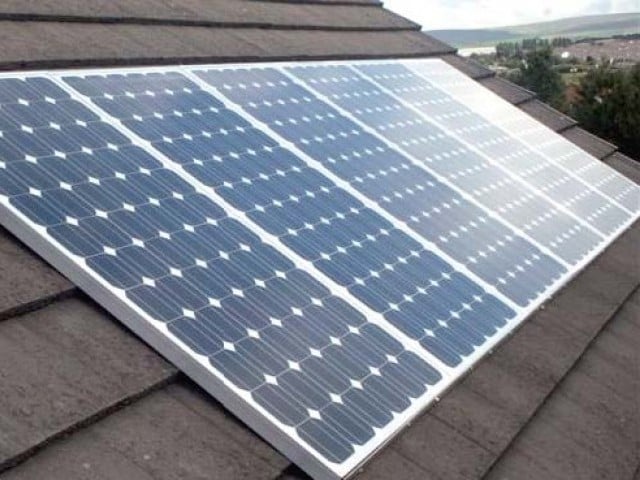Minister Emphasizes Need for Domestic Manufacturing
Nigeria’s Minister of Power, Adebayo Adelabu, stressed the urgent need for local manufacturing of solar panels during the Accelerated Renewable Energy and Distributed Energy Summit in Abuja. He argued that relying on foreign imports hinders the acceleration of renewable energy adoption in Nigeria.
The Case for Local Manufacturing
Adelabu highlighted the economic disadvantages of importing solar panels and batteries. He pointed out that the rising foreign exchange rates make imports increasingly expensive, negating any cost advantages. “We cannot continue to import solar panels forever. When locally manufactured, using local currency, we gain cost advantages,” he said. Establishing a local industry will support the renewable energy sector value chain, ensuring sustainability and cost efficiency.
Renewable Energy Targets and Policies
The Nigerian government aims to generate 9,000 gigawatts of electricity from renewable energy by 2030. To achieve this, Adelabu called for green energy policies that encourage solar energy investment. He emphasized the need for consistent and supportive legislation to reassure investors. “Investors need reassurance because they have experienced policy inconsistencies and lack of legislative support in the past,” Adelabu stated. He believes that clear, sustainable policy statements will attract investments and support sectoral participants.
Enhancing Energy Access and Security
The summit also focused on improving energy access and security, with a goal of fostering inclusive economic growth. “Our efforts should provide the frameworks necessary for improved energy access, enhanced energy security, and inclusive economic growth,” said Adelabu.
Collaborative Efforts for Strategic Implementation
NERC Chairman, Usman Garba, acknowledged the challenges faced by large-scale solar projects in Nigeria. He advocated for embedded generation using renewables and distributed generation. Garba announced collaborative efforts with stakeholders to develop a comprehensive national electricity policy. “We are working with stakeholders to support the development of a strategic implementation plan under the leadership of the minister,” Garba said. This plan will leverage Nigeria’s abundant renewable resources, promoting energy efficiency and sustainability.
For Nigeria to achieve its renewable energy goals, establishing a robust local manufacturing industry and ensuring supportive policies are crucial. These steps will not only make solar energy more affordable but also drive significant investment and sustainable growth in the sector.
Source:dailytrust.com.ng





